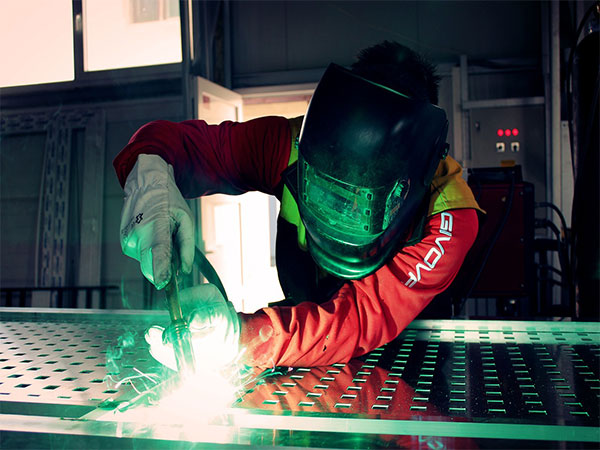Women Take the Wheel: Rising Female Workforce in Manufacturing
TeamLease Services reports a surge in female participation in Automotive, Electronics, EV, and Phone Manufacturing sectors. Despite progress, gender parity challenges persist. Women excel in postgraduate education but lag in technical fields, underscoring the need for targeted initiatives to bridge this gap.

- Country:
- India
Women are increasingly becoming a driving force in the Automotive, Electronics, Electric Vehicle (EV), and Phone Manufacturing industries, according to a report by TeamLease Services. The study highlights that these sectors are beginning to value the natural skills women bring, such as attention to detail and finger dexterity, facilitated by technological advancements.
The report states, 'Automotive, Electronics, Electric Vehicle, and Phone Manufacturing companies are at the forefront of this shift, hiring more women who are adept at handling intricate tasks demanding precision and concentration.' However, gender disparity remains evident as men hold 89.5% of temporary positions, indicating a significant underrepresentation of women.
Despite challenges, women show higher participation in postgraduate qualifications (24.3%) compared to their male counterparts (10.5%). In contrast, men dominate technical qualifications, with a greater presence in diplomas and ITIs. The report suggests initiatives to encourage more women into technical education and roles, addressing the gap in manufacturing.
The workforce in these sectors is predominantly youthful, with 43.6% aged between 28 and 37, well-positioned to adapt to technological advancements but requiring enhanced technical and analytical skills. Educationally diverse, nearly half the workforce holds graduate degrees, with 48.5% of men and 46.4% of women.
Maharashtra and Tamil Nadu lead in providing contractual workers, contributing 17.2% and 14.6% respectively. Uttar Pradesh (9.6%) and Karnataka (9.4%) also make significant contributions, while smaller shares come from Delhi, Rajasthan, and Bihar. States such as West Bengal, Andhra Pradesh, Telangana, and Kerala collectively form 24% of the workforce. The report underscores the urgent need to foster gender parity, particularly in technical roles, while equipping the young workforce to meet manufacturing sector demands. (ANI)
(With inputs from agencies.)










